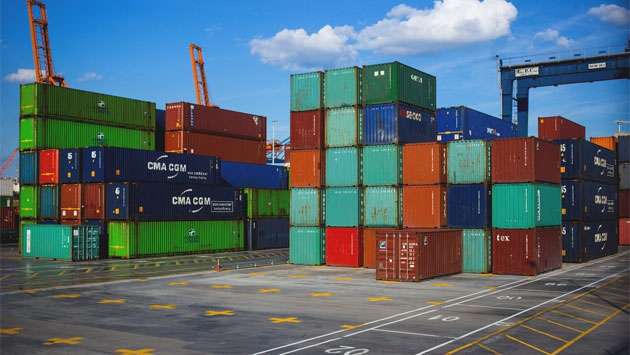The global economic outlook faces significant headwinds as the United States escalates its tariff policies, which could curb global growth, fuel inflation and disrupt international trade, economists warn. According to the Global Economic Outlook report released by UBS on Sunday, tariffs are the most significant risk to the global economy. Even if only half of the proposed tariffs are implemented, global growth forecasts should be revised downwards. A 10% global tariff could reduce global growth by a full percentage point and add up to 100 basis points to US inflation.
The US administration has proposed tariffs worth at least $786 billion, exceeding the $113 billion it implemented in 2018/19. Stephen Roach, a former chief economist at Morgan Stanley and Yale professor, described the move as “the most aggressive tariff action taken by any major nation since the 1930s.” In an interview with China Economic Net, he warned that such policies could lead to disastrous consequences, citing the 60% collapse in global trade from 1931 to 1934 as a grim historical precedent.
Roach said that the current level of policy and political uncertainty in the United States is at a record high, creating a challenging environment for businesses. Uncertainty, he described, is “the enemy of decision-making.” Companies are hesitant to make hiring and capital spending decisions that could negatively impact economic growth later this year. This hesitation is particularly worrisome as the United States and China, which have together accounted for 40% of global economic growth since 2010, are experiencing trade-related shocks that could further slow global growth.
Roach criticized the United States for blaming China for its economic problems, calling these narratives “false.” The tariffs have narrowed the U.S. trade deficit with China, while deficits with other countries have widened. In 2023, the United States recorded trade deficits with 101 countries, reaching a new record. Roach stressed the need to address the root causes of the US’s multilateral trade deficit rather than playing a blame game.
Ian Golding, founding director of the Oxford Martin School at the University of Oxford, highlighted the broader dangers of US tariffs. He warned that they would increase inflation, slow growth, exacerbate inequality and undermine efforts to reduce global poverty. Golding warned that a tariff trade war could escalate geopolitical tensions and further slow global growth. “History teaches us this,” he said, emphasizing the counterproductive nature of such policies.
John Quelch, executive vice chancellor of Duke Kunshan University, warned that US tariffs could backfire, with retaliation targeting vulnerable sectors such as agriculture and energy.
Rich Lesser, global chairman of the Boston Consulting Group (BCG), suggests that some US companies’ profit margins could shrink by 14 percentage points due to rising costs and supply chain disruptions. UBS estimates that a 25% tariff on Mexico and Canada would have a growth impact on the US that is four times greater than its inflationary impact, largely due to the depreciation of the Mexican peso and Canadian dollar, which would hurt exports to the US.
UBS projects that if the US imposes a 60% tariff on China and a 10% tariff on the rest of the world, US domestic demand will be three times lower than real GDP. If other countries retaliate in full, the GDP impact on the US could be six times higher. On the other hand, the revenue gain from the reciprocal tariffs set to take effect on April 2 will be just 0.1%, which “we suspect is what the White House had in mind,” the UBS report notes.
In the short term, Rich Lesser highlighted the challenges companies face in improving their contingency planning capabilities. This includes modeling the effects of trade disruptions across entire supply chains, rather than focusing solely on direct suppliers. Companies need to deepen their understanding of ‘no regrets’ – items that are essential regardless of trade shifts – and gain a clearer understanding of the complexities of product categories and production flows. Looking ahead, global trade is poised for a significant transformation. This restructuring is being driven by nations seeking to diversify their trading alliances as a counterbalance to rising geopolitical tensions, a trend that is expected to shape the landscape of international commerce in the coming decades.



